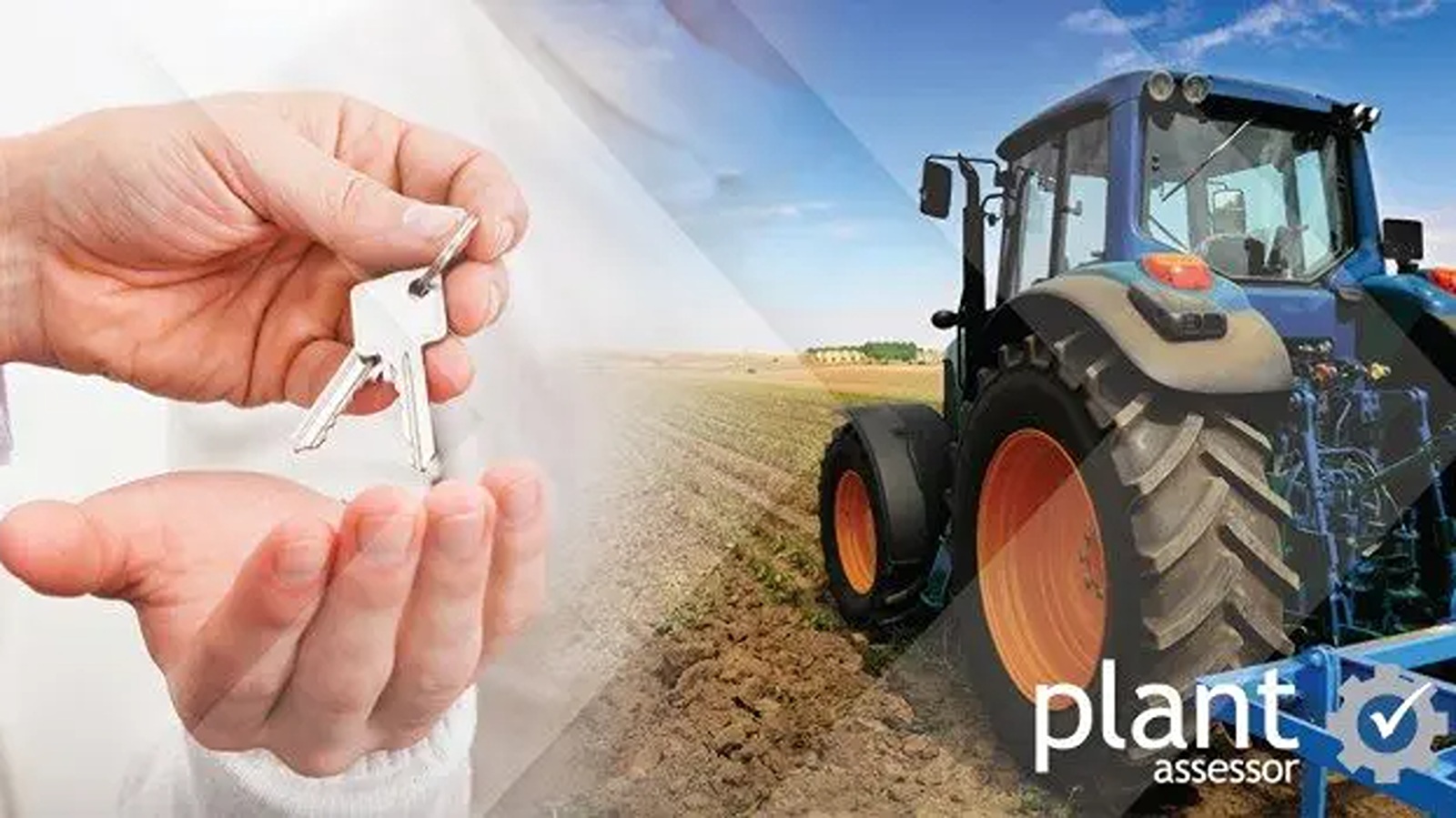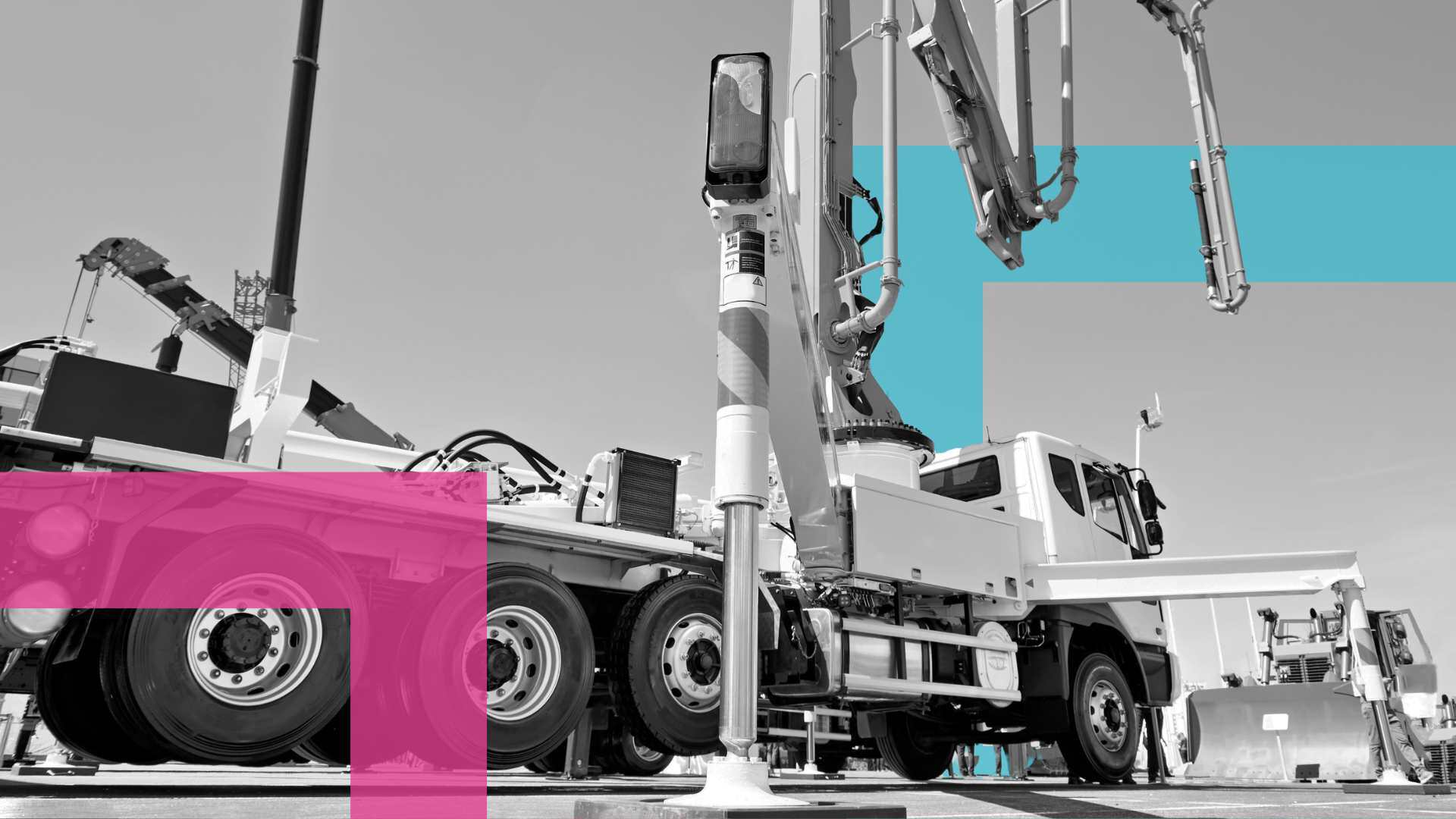Pre Start Plus rebranded to Ideagen Asset Guard
Ideagen Plant Assessor is pleased to announce the rebrand of its flagship pre-start app, Pre Start Plus, to Asset Guard. This rebrand aligns with...
|
|
Machinery Pre Starts
|
|
|
Risk Management &
|
|
|
Document Management
|
|
|
Dashboards & Reporting
|
|
|
Machinery Risk Assessments
|
|
|
Service & Maintenance
|
|
|
Safe Operating Procedures
|
|
|
MySite
|
|
|
View All Features |
Case Studies
Hear from our clients
Events
Find us at industry events
Guides
Find industry-specific guides
Learn
Educational content
News & Articles
Industry news and articles
Safety Legislation
We keep up with safety legislation
so you don't have to
Videos
Find overviews and informative
videos here
Webinars
View upcoming and on-demand webinars
Promotions
See our current promotions
FAQ
All of our frequently asked questions
Help Centre
How to use our software
View a Demo
Let us walk you through Ideagen Plant Assessor features
Release Centre
Product updates and release information

At Plant Assessor we’re often asked to clarify what obligations plant suppliers have under the Work Health and Safety Legislation. It’s a common misconception that you are not responsible for machinery safety unless you are the one that is physically using the equipment.
The Polish people have an expression that is a much more clever way of saying “not my problem” but, with regards to plant & equipment safety obligations, if you supply the ‘monkey’ then you are intrinsically linked to the process.
Let me be clear. If you supply plant or equipment (be it selling, hiring it or providing to a contractor) you have a range of obligations under work health and safety laws.
WHS legislation around the supply of plant is somewhat complex. It applies layers of obligations upon the various parties in the supply chain from designers through to manufacturers, importers, distributors, equipment dealers, hire companies and, ultimately, the end user.
These regulations differ from state-to-state making it difficult for fleet managers, resellers and plant suppliers to ensure they meet their obligations across the country.
Plant suppliers in all jurisdictions have a legal obligation to follow the hazard identification and risk assessment process and provide safety information to purchasers & hirers.
What’s the rule for my State or Territory?
With the exception of Victoria and WA, all Australian states and territories agreed to adopt model work health and safety laws published by Safe Work Australia in 2012. Let’s refer to these as harmonised jurisdictions.
Specific information relating to the sale and hire of machinery in these two states is available on the Plant Assessor website.
Irrespective of whether you are in harmonised jurisdictions, Victoria, or WA, once you decide to sell or hire out a piece of plant or equipment you have a range of legal obligations surrounding risk management and provision of information.
The exact obligations you have as a plant supplier will depend upon what role you play in the supply chain and whether the equipment is new or second hand, however, it is generally accepted that the most practical way to meet these obligations is to conduct a plant risk assessment on the equipment for sale and provide it to the purchaser or hirer.
This process sees you provide written notice to the buyer on the condition of the plant (including identified faults for second hand plant), along with information on safety features and controls in place and required.
For plant suppliers, a plant risk assessment is a capstone document which both considers whether the plant is compliant with relevant safety requirements (Legislation & Australian Standards etc.) whilst also providing information to the buyer/hirer to help them meet their obligations in ensuring the plant is used safely.
As much of the equipment sold in Australia is manufactured overseas, it is not uncommon for the risk assessment process to highlight gaps in risk controls, and opportunities to upgrade controls to meet Australian requirements.
If you are selling an item of machinery for scrap or spare parts, you should confirm that in writing to the purchaser, and mark the equipment accordingly.
Safety regulators provide further information on plant supplier obligations in the form of Codes of Practice and other guidance material.
Two important pieces of guidance for plant suppliers and users in harmonised states include the Code of Practice for Managing Risks of Plant in the Workplace, and the National Guidance Material for the Safe Design, Manufacture, Import and Supply of Plant.
Our website also provides a good overview of plant user and supplier obligations in every Australian jurisdiction. For further assistance please contact us.
Disclaimer: This information is intended to provide general information on the subject matter. This is not intended as legal or expert advice for your specific situation. You should seek professional advice before acting or relying on the content of this information.

Ideagen Plant Assessor is pleased to announce the rebrand of its flagship pre-start app, Pre Start Plus, to Asset Guard. This rebrand aligns with...
.png)
Many businesses operating machinery still rely on traditional paper pre start books for daily machinery checks. While these booklets serve their...

A concrete company based in Melbourne has been convicted and fined $30,000 after an incident involving a concrete pump resulted in a worker’s hand...